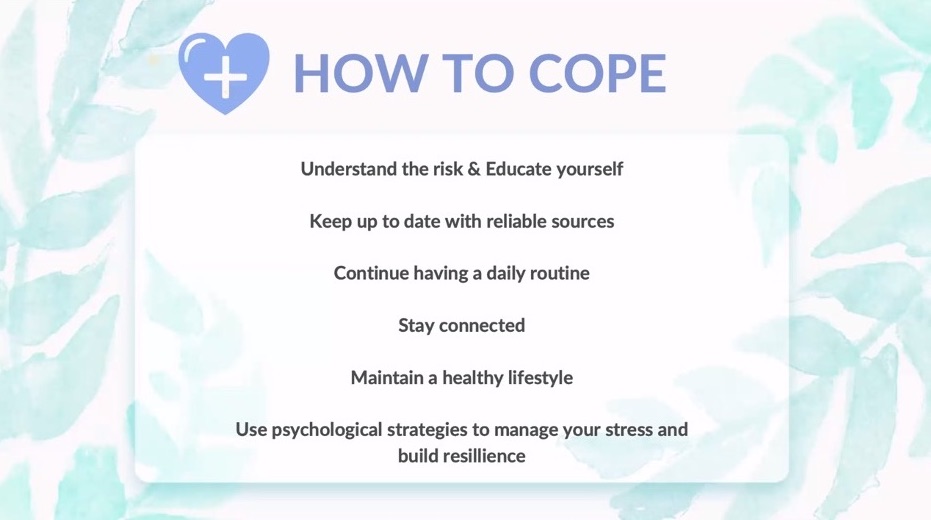For all of us, one of the biggest challenges is how to look after your team during this time. Health and wellbeing are critically important so that we can all get back to business as usual when the time comes.
James Dodd from Tripp Associates worked with their friends at Thrive, the mental health specialists, to put together a sixteen point plan to help their team look after themselves.
For full version, go to www.trippassociates.co.uk/blog.
- It is important to remember that there is no right or wrong reaction to our current situation. Everyone’s perception of the situation is different and can depend on their previous experiences.
- Try not to overindulge on news as this can increase stress and anxiety. For example, try limiting your consumption to just one session in the morning and one session in the evening. Make sure it is from reliable sources.
- Practice a new skill or interest, or use your extra time to focus on an interest or hobby you’ve not had time to do for a while.
- Writing down your worries or concerns can help you look at them more objectively. This can help you free your mind from them throughout the day.
- Stick to a healthy sleep routine – both waking up and going to sleep. If you are someone who has difficulty going to sleep, creating a pre-sleep routine like a hot bath or relaxation techniques can aid this.
- Don’t use intoxicating substances as coping mechanisms.
- Do use technology! Apps are available on the app store – such as the one from Thrive. These can help through techniques such as Cognitive Behavioural Therapy, relaxation exercises (deep muscle relaxation, calm breathing, meditation, self-suggestion and applied relaxation).
- Be really conscious of work time and personal time, and ensure you separate the two. This will help you work more productively during work time, and similarly relax to the max outside of work.
- Ensure your work from home environment is set up in a way which maximises the resources needed to work productively, and minimises distractions.
- On workdays: Get up, perhaps do some morning exercise so you don’t miss out on the exercise you usually get though travelling into work, change into work clothes to get into the right mindset.
- Seek communication with your managers and colleagues: don’t just rely on the morning dial-in team meetings, but try to replicate the normal chat you would usually have.
- Remember, this is a phase of adjustment and it is okay to feel cautious or anxious about that. Look for ways to overcome these emotions or help reduce them.
- After work, change out of your work clothes so you can get into your ‘you time’ mindset.
- Roles and goals can change during these unprecedented times. Understand and be -open to that. If you aren’t happy doing something or don’t understand why you are being asked to do it, feel free to ask.
- Don’t be afraid to ask for help or support with work, or personal issues.
- Remember, as with most things in life there is no ‘one size fits all’ when it comes to remote working, social distancing or dealing with the stresses and strains we are all experiencing. Be open, experiment and enjoy discovering what works for you – and what doesn’t!
If you have found this useful, feel free to reach out to James directly to learn more. You can also visit Thrive’s YouTube channel which hosts a number of webinars around this and other areas of mental health support.

